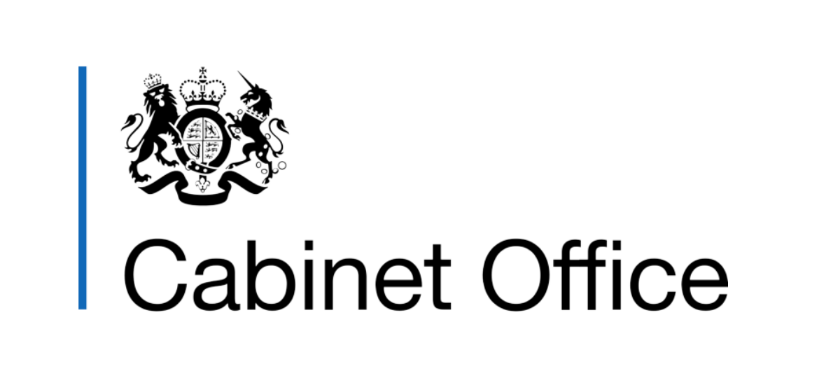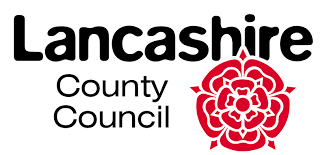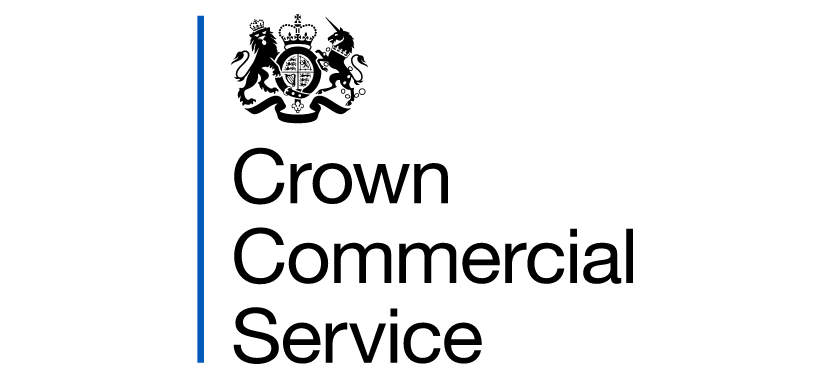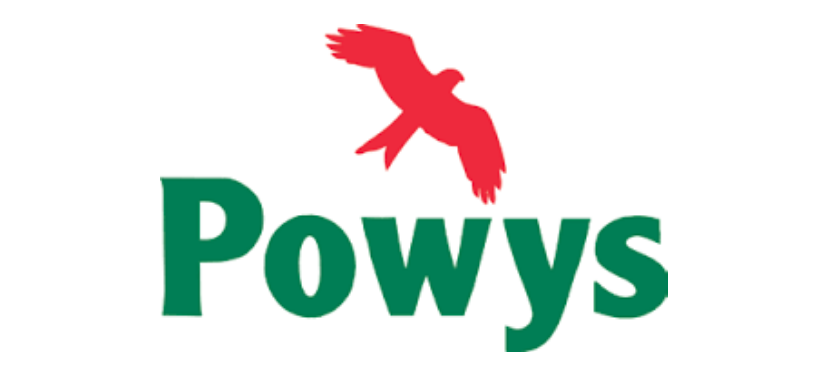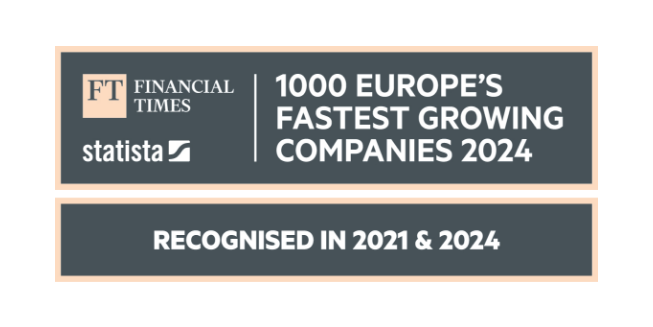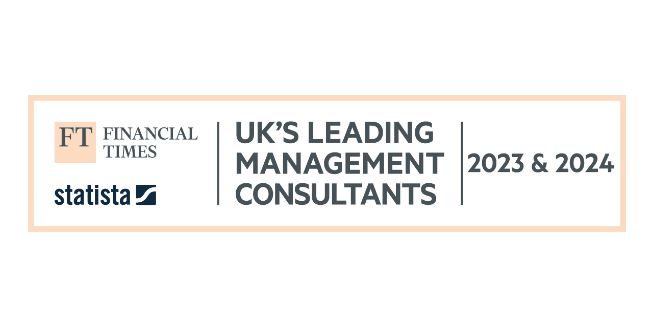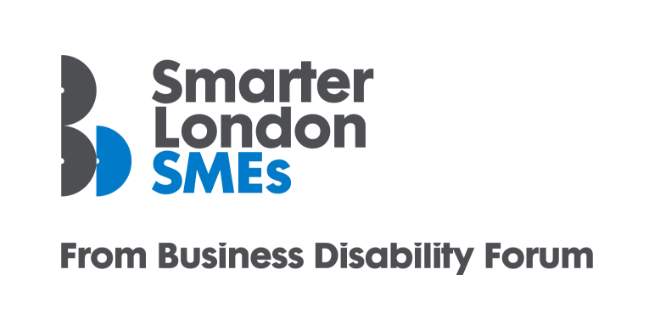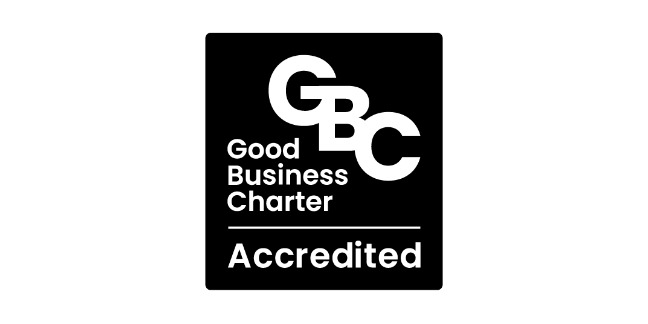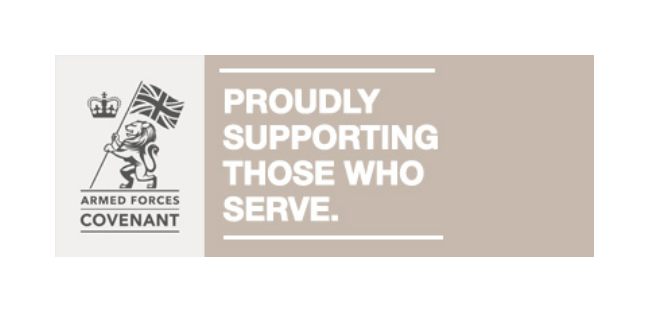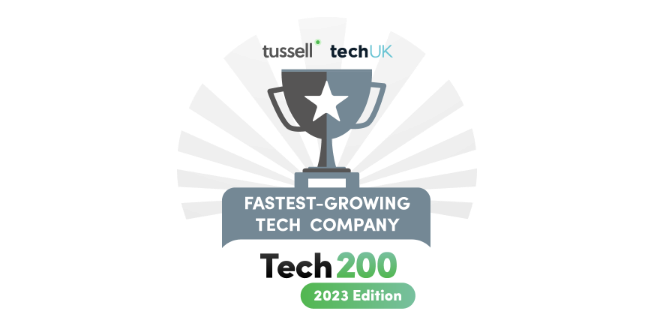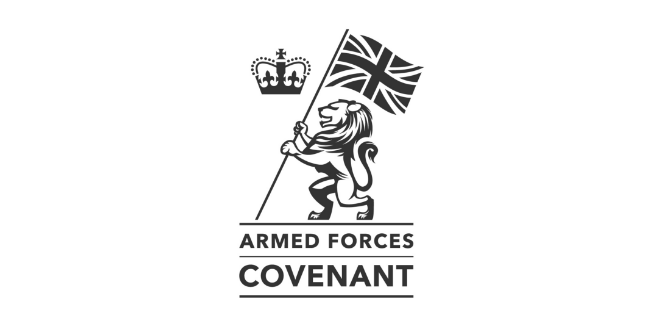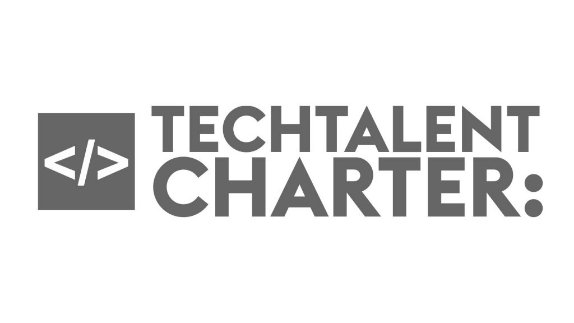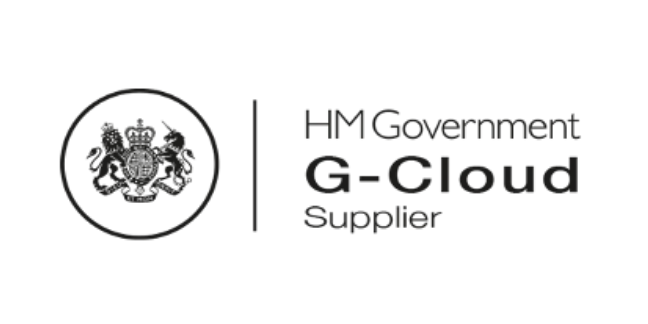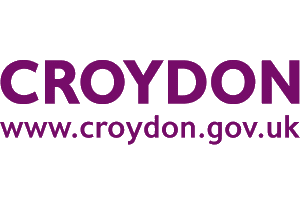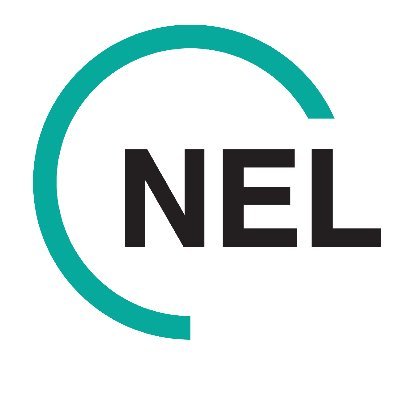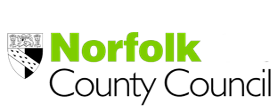How we help our clients
Helping our clients to design and deliver a more user-friendly, cost efficient, and accessible services through digitisation, new systems, and technologies. Effective digital transformation to improve public service delivery.
Improving
Public Services
We engage directly with your teams and users to gain end-to-end, real-world understanding of the journeys and challenges both operators and citizens experience in the delivery and use of current digital products and public services. We seek to digitise only what improves the experience rather than over-engineering excessively complicated and difficult to access solutions. By applying the discipline of multilateral user design of to-be environments and experience, we can rapidly progress to alpha concepts, and clearly understood performance and experience metrics for beta testing before allowing you, your operators, and your users a confident and stress-free go-live.
Sustainable
Cost Optimisation
Digital transformation presents the opportunity to identify, evaluate and implement cost optimisations initiatives, in a sustainable way. We can provide valuable insights and help to achieve cost savings through optimising your current IT application estate, modernising legacy systems, and introducing cloud computing, automation, and AI. These services are supported by a fundamental focus on improving citizen experience and on better use of data for decision making and collaboration between departments. We will identify and recommend where you can cut-out the no longer fit-for-purpose legacy technology, avoid problematic integrations and avoid unnecessary expenditure to deliver the efficient, modern services and experiences that your staff, citizens and senior stakeholders expect.
Building
Agile Teams
Through modular capability development, our experienced teams can enhance your team’s delivery, digital and technology skills through a hands-on, collaborative approach. By engaging in the co-delivery of projects and programmes, your team will participate in a rich learning environment, working alongside our consultants in blended multi-disciplined teams. This unique setup allows for a seamless knowledge exchange, ensuring that your team not only acquires new skills but also applies them in live environment contexts, enhancing their proficiency and confidence.
Upskill & Reskill
Our teams don’t only deliver solutions — we help your teams build lasting in-house capabilities through upskilling on technologies, frameworks, specific industry knowledge and cultural practices. Seen as an essential strategy to mitigate the digital skills shortage and staffing needs within the Public Sector, BetterGov work with our customers to identify, assess, and reskill staff, focusing on technology and service delivery. The result is higher-quality service delivery, more efficient working, and improved employee experience.
Awards & Accreditations
Digitally driven, socially empowered
Clients & Partners
